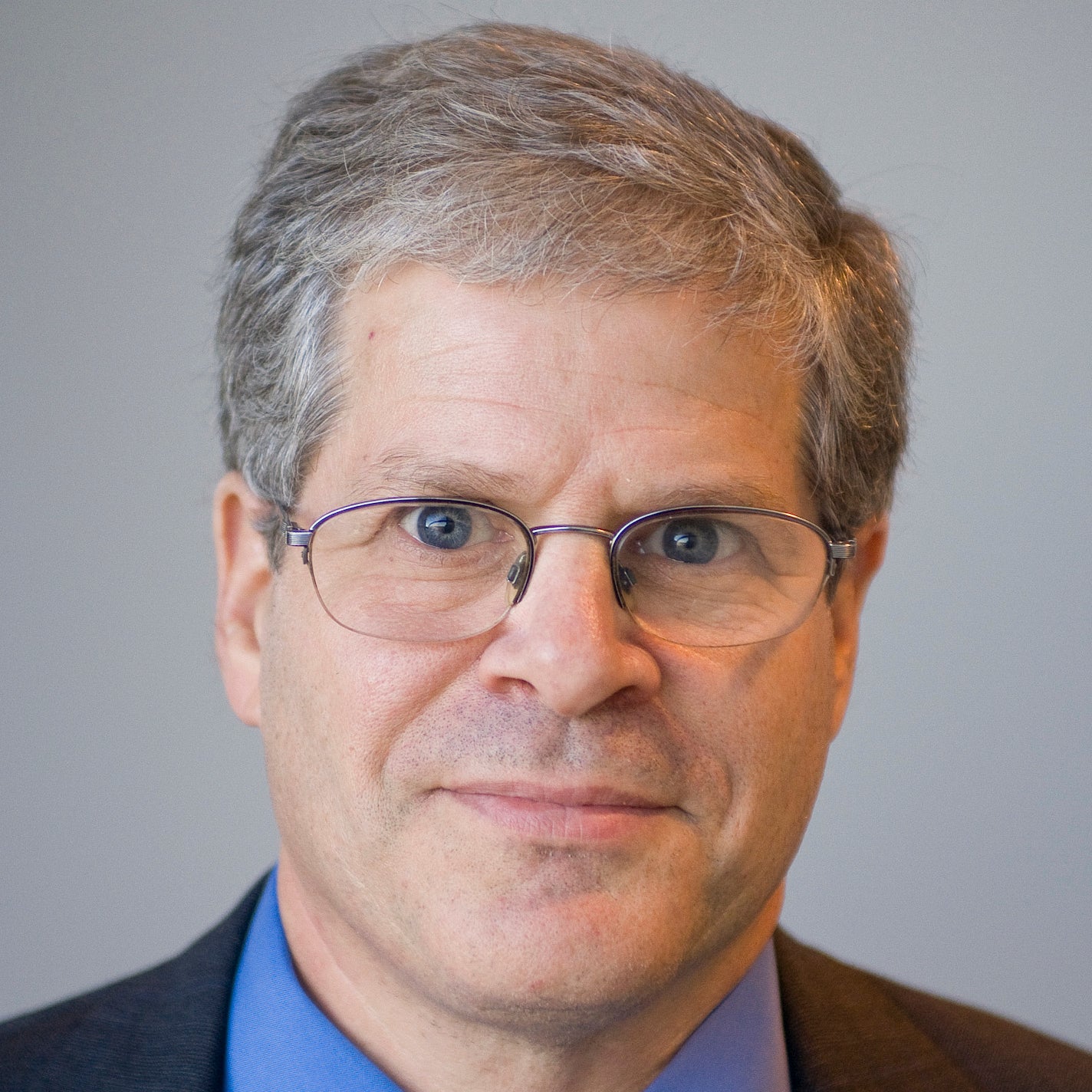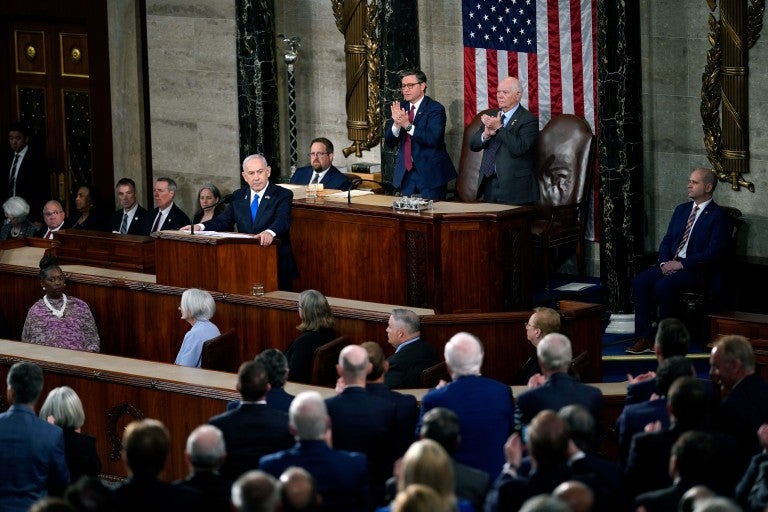December 29, 2017 — Boston, Massachusetts
This piece originally appeared in the Boston Herald.
On Dec. 21, the U.N. General Assembly denounced President Trump’s decision to relocate the U.S. embassy in Israel to Jerusalem. Yemen’s Ambassador Khaled Hussein Alyemany explained that moving the embassy would undermine chances for Palestinian-Israel peace and “fan the fires of violence and extremism.”
This view is widely held, but without merit. Ongoing violence and the failure of the peace process are the products of far more deep-seated realities.
Since the early ’90s, Israeli and Palestinian negotiators have met many times to hammer out a deal that would provide for a two-state solution. Regrettably, these negotiations have foundered on final-status issues, including borders, the status of Jerusalem, security, and refugees. Resolving these disputes will require difficult concessions from both parties.
In Israel, a determined minority has opposed compromises leading to a Palestinian state. They have contended that the West Bank, including all of Jerusalem and all settlements, are part of Israel. Nevertheless, on three occasions (1947, 2000-2001 and 2007), Israel has endorsed proposals that would have resulted in a Palestinian state in the West Bank and Gaza. Regrettably, each time, Palestinian leadership walked away from these negotiations.
Palestinians face daunting challenges to a permanent settlement with Israel. Their national narrative rests on the idea that Israel is an illegitimate state, little more than a colonial land-grab. The founding charter of Hamas, an internationally recognized terrorist organization and the most powerful Palestinian political and military entity, states that “Israel will exist and will continue to exist until Islam will obliterate it …” Fatah, which heads the Palestinian Authority, claims it wants peace when addressing Western audiences, but says otherwise when addressing its own people.
Palestinian leaders argue that Israel’s very existence violates the sovereign rights of the Palestinian people; millions of Palestinian refugees and their descendants have a right of return; and Jews have no historic tie to the land of Israel. Religious and Islamic Affairs adviser to Palestinian President Mahmoud Abbas, for example, contended that Jews have “no connection to this land, not religiously or historically …”
To reach a settlement with Israel, Palestinian leaders must develop a different narrative that embraces Israel’s reality. That is not happening. Instead, scores of Palestinian schools, sports clubs and clinics have been named for “martyrs” who have murdered Israeli civilians, and pensions are provided to the families of terrorists who kill Israeli civilians (the more killed, the larger the payment).
This propagation of intense hatred ensures that no Palestinian leader will have sufficient support to make compromises for peace. It also has encouraged violence that has claimed thousands of Israeli civilian casualties. This compelled Israel to construct a border barrier that has saved Israeli lives, but negatively impacted the lives of ordinary Palestinians, fueled extremism, and gravely complicated the effort to negotiate a solution to the conflict.
Violence, however, is not inevitable. It is a choice. A better option for Palestinian leaders would be to find ways to moderate their national narrative and fully invest in the effort to achieve a negotiated solution that allows for the fulfillment of their national aspirations.
Unfortunately, for the past several years, Palestinian Authority President Mahmoud Abbas has gone to great lengths to avoid renewed negotiations. Most recently, he declared the U.S. unfit to mediate the very negotiations in which he has been refusing to participate. This is unfortunate. Without a serious commitment to a negotiated settlement, violence is inevitable. Only direct face-to-face negotiations that have meaningful support from the Palestinian and Israeli publics can provide a way out of this cycle. It is a choice.
Robert Leikind is regional director of AJC New England.



